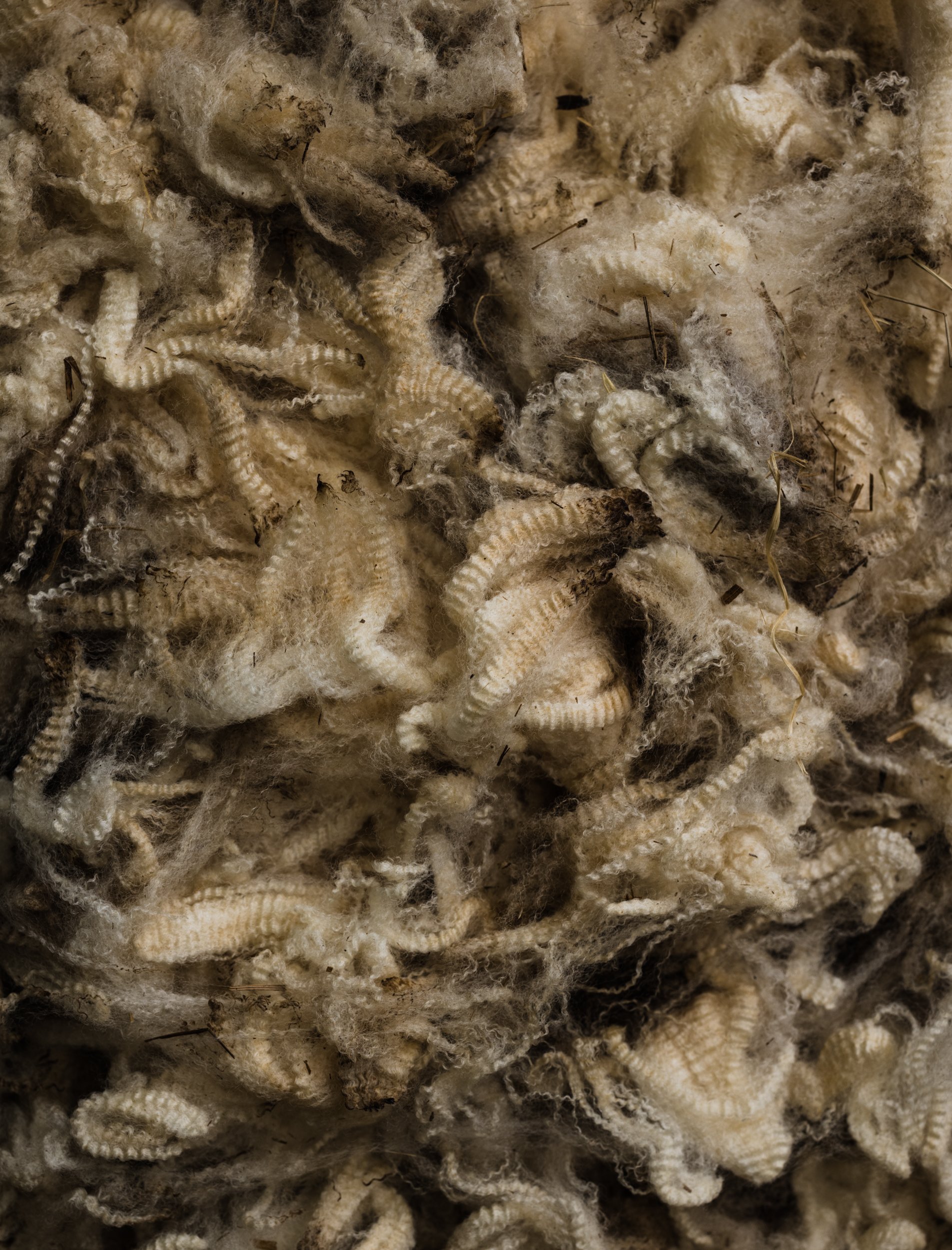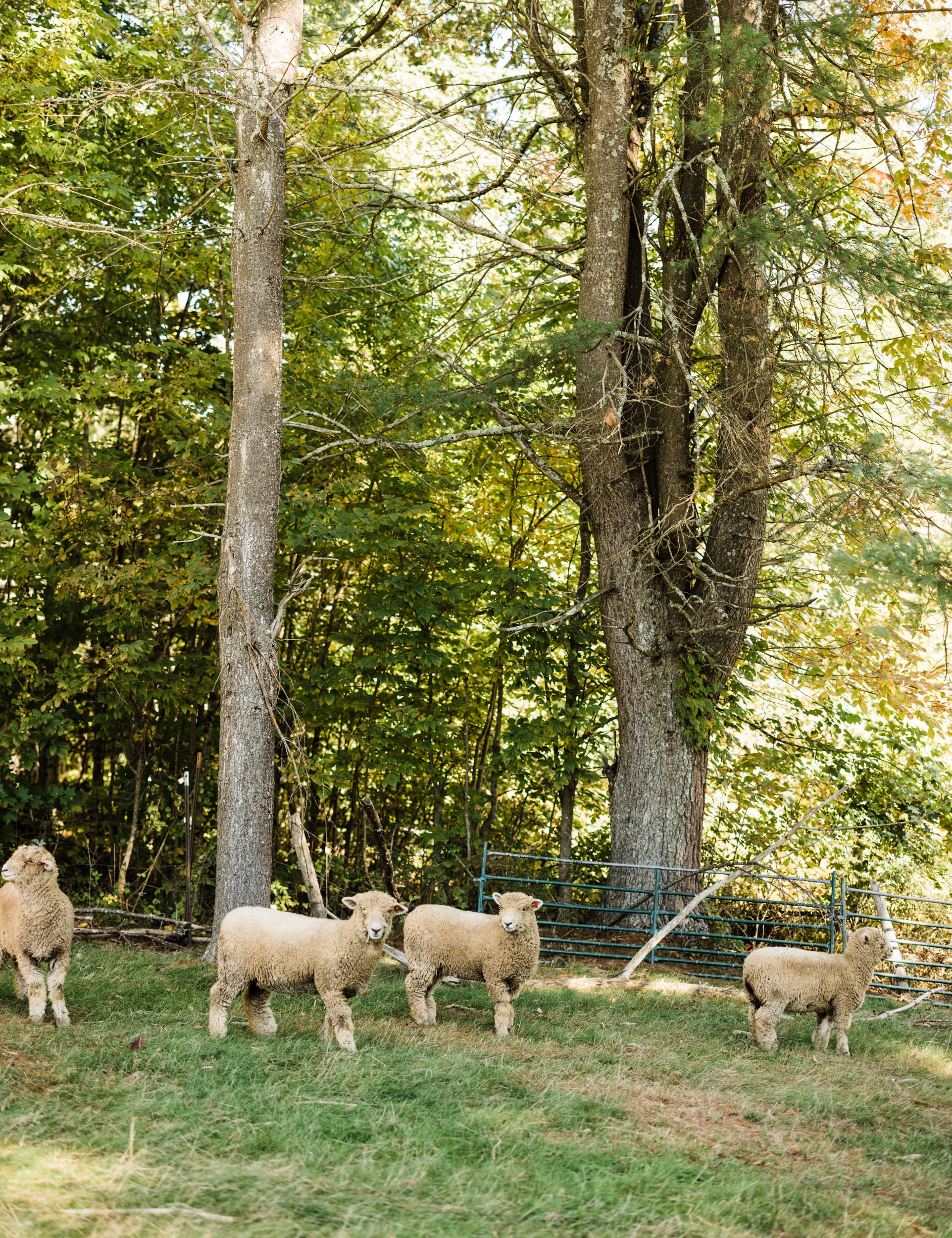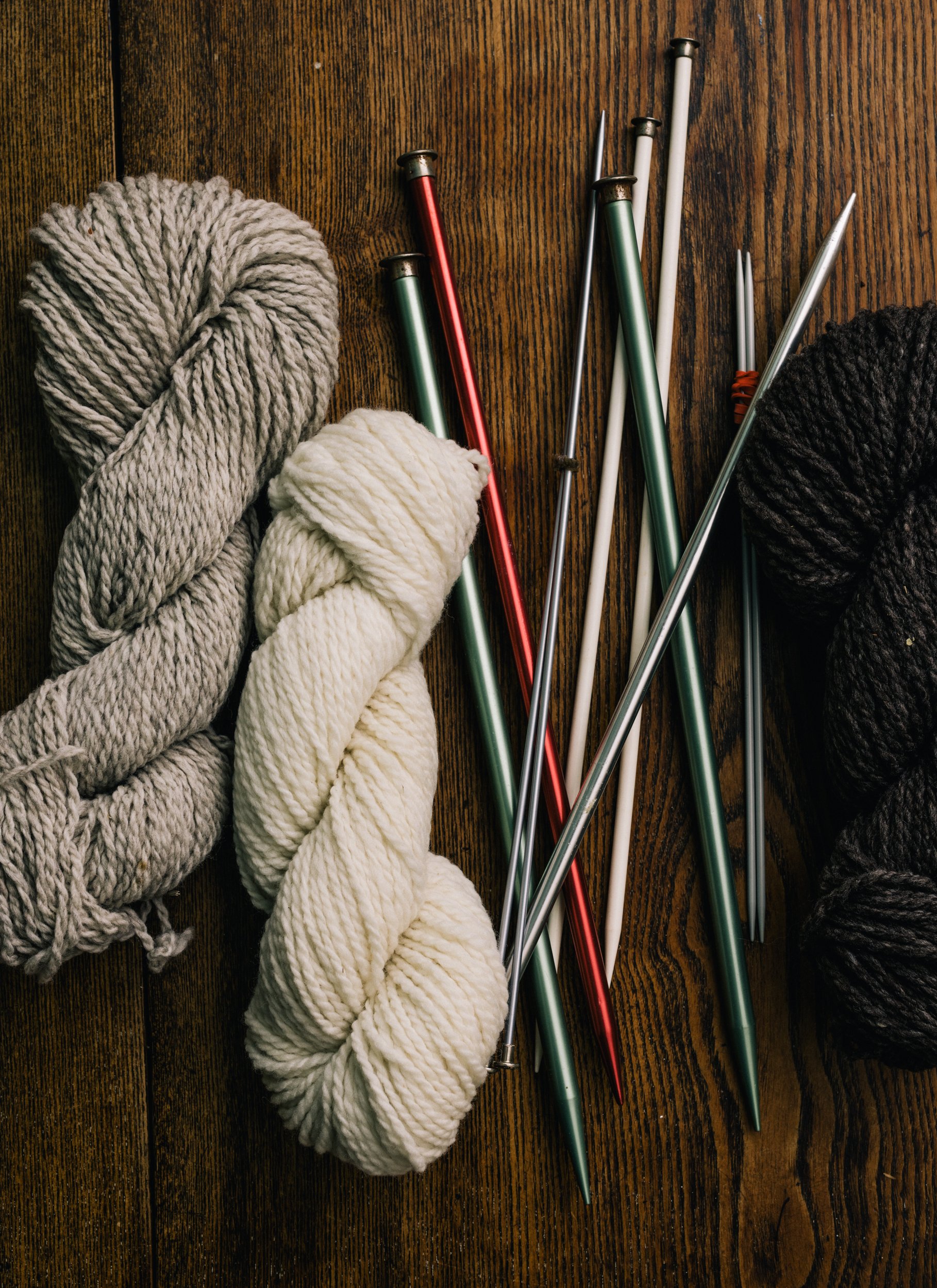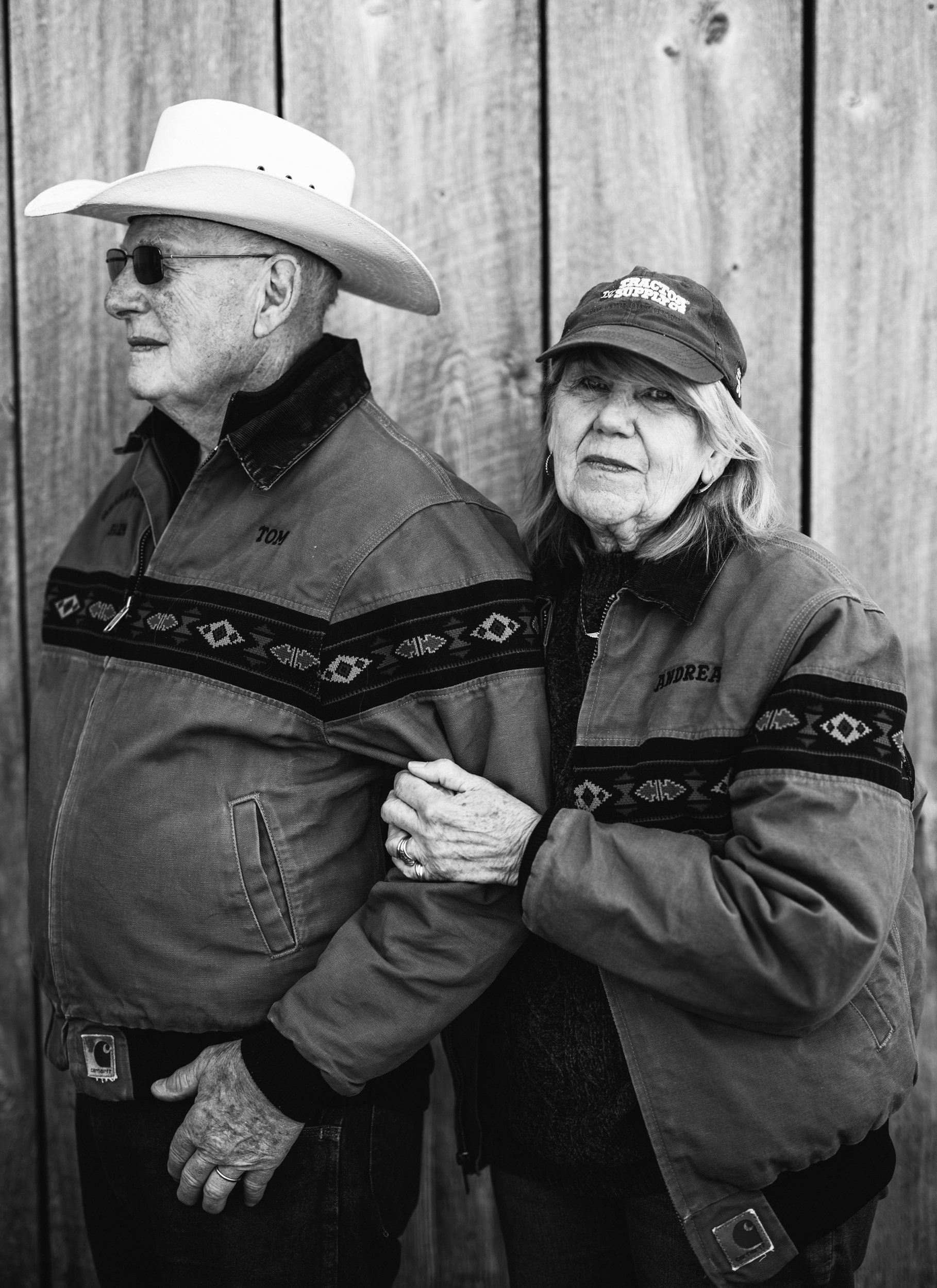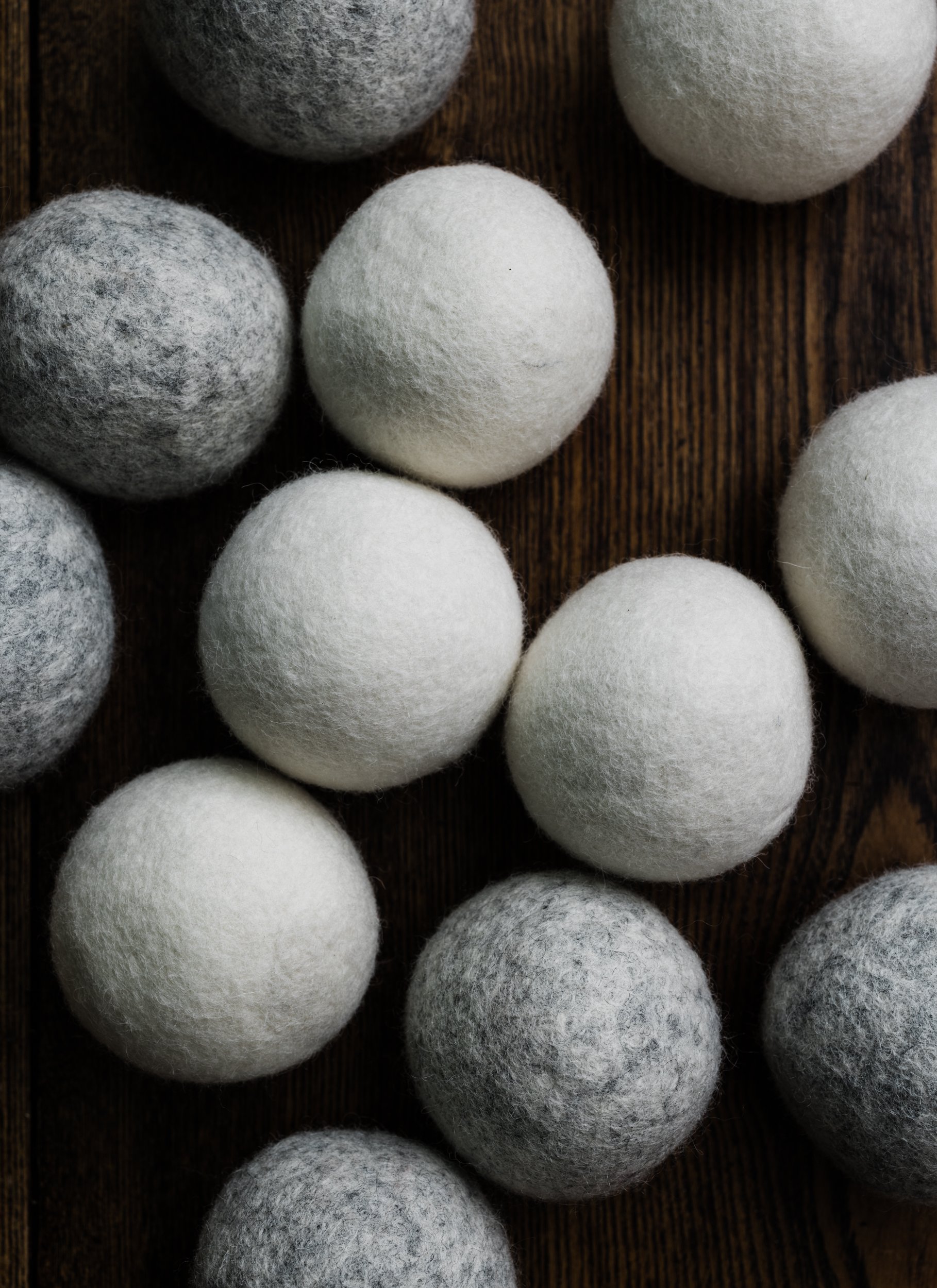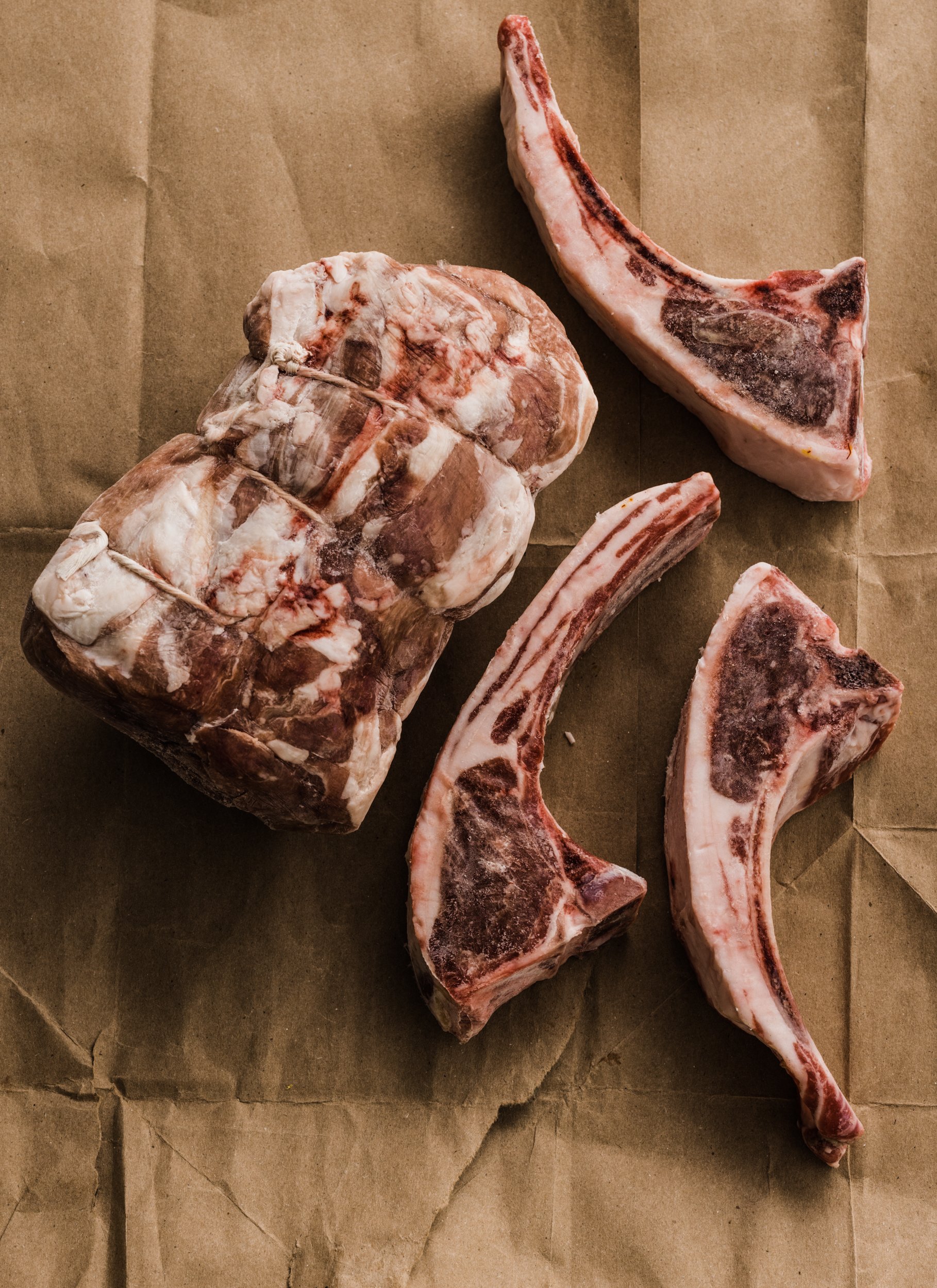Breeding Sheep for Fiber and Meat at Hubbardston’s Greenwood Hill Farm
Photos by Michael Piazza
When Tom and Andrea Colyer’s daughter asked for a few lambs to raise as a 4-H Club project, it launched the couple’s decades-long connection and commitment to a breed with historic ties to New England. They chose Merinos, developed in Spain for their high-quality wool and brought to New England in the early 1800s. For more than 30 years, the Colyers raised award-winning Merino sheep. While Andrea built a small business selling Merino yarn, Tom became adept at breeding sheep with bright white fleece as well as those with the more-difficult-to-produce black fleece.
The Colyer family came to Hubbardston from Pennsylvania in 1985 in the last of 17 moves they made during Tom’s career in the U.S. Navy. This time, the aeronautical engineering officer was to oversee work at a jet engine facility in Lynn.
While the family toured rural properties in North Central Massachusetts, their realtor’s own home suddenly became available when its sale unexpectedly fell through. At first sight, the farmhouse, built in the town of Hubbardston in 1836, and its accompanying 32 acres appealed to the Colyers on many levels. Andrea had fond childhood memories of spending time on her aunt and uncle’s farm in upstate New York; Tom appreciated the commuting access to Route 2; and their high school aged son, a skier, noted the proximity of Mt. Wachusett’s trails.
It wasn’t long before their young daughter, Jennifer, started raising chickens on their newly named Greenwood Hill Farm. She earned money selling eggs to neighbors. Chickens led to pigs, which were cute as piglets but extremely challenging as adults. When Jennifer joined a 4-H Club and needed an agricultural project, it was not difficult to persuade her father to invest in a few lambs for her to raise and show in competition.
They chose Merinos, sheep with densely fine fleece; the rams have curly horns. Andrea, who learned to knit as a child, admired Merino wool for its quality and non-irritability. She’s allergic to most wools, but the fine Merino yarn does not irritate her skin, Andrea said.
What makes Merino such a fine grade of wool are its thin fibers covered with microscopically small scales known as cuticle cells. The finer the wool, the smaller the scales.
“When wool feels itchy against your skin, it’s really the scales that are irritating,” Andrea said.
While Andrea appreciated the yarn, her daughter was after the cash awards her sheep could earn. From the time she was in junior high school all the way through college, Jennifer and Tom showed their prize-winning Greenwood Hill Farm Merinos in sheep competitions throughout the East. They became friendly rivals with another father-daughter pair, often alternating in winning blue ribbons.
“Jennifer learned quickly that the bigger sheep were more likely to win the cash prizes in competition,” Tom said. “I didn’t care so much about size. I wanted to make sure the sheep had the best fleece for Andrea’s yarn, so I tended to the smaller sheep.”
After Jennifer graduated from college and married (coincidentally, a Navy graduate of Annapolis like her father) and moved away, Tom became a full-time farmer. By then he had retired from the Navy and a subsequent position with Saint-Gobain and spent the next 10 years breeding Merinos for the color and quality of their fleece.
“Because black is a recessive gene in sheep, it takes a couple of generations of breeding to get a totally black sheep,” Tom explained. As a result of his breeding, the yarn Andrea sells comes in four natural colors: bright white, black (which they refer to as chocolate), silver and slate. The yarn is processed in two weights: the lighter DK, and worsted, a medium weight commonly used in knitting.
The direction and scale of the Colyers’ farming operation changed abruptly on a cold December night in 2015 when a fire swept through the barn housing the rams. Breeding season was completed and the males had been separated from the ewes. All 14 rams died in the fire, which also destroyed the building and everything stored in it.
Tom was devastated. “I couldn’t leave the farm for months,” he said. Fortunately, one ram was saved because it was on loan to Old Sturbridge Village for breeding. “We got him back and named him Lucky,” Tom said.
The Colyers’ neighbors and friends contributed tools and supplies to help them rebuild. “Andrea went to a sheep association meeting when I couldn’t and came home with the car filled with tools and supplies. The help we received got me back on my feet,” Tom said.
The ewes were almost ready to give birth, so by early spring, Tom and Andrea began the process of rebuilding their flock. Four years ago, they added Southdown sheep, a meat breed.
Predators, including coyotes, bobcats, foxes and bears, are a constant threat to the defenseless sheep, so the Colyers have acquired llamas as protectors. The current llama, named Matitste, is 12 years old and takes his job very seriously, according to Tom.
“I call him the first responder,” he said. “In the fall, after they have been taken for processing, Matitste misses his sheep, so I become his buddy.”
The sheep graze on grassy acres behind the farmhouse in a field with a huge shagbark hickory tree for shade. The farm’s original well is still functioning and is the source for an automatic watering system for them. The Colyers added an artesian well to supply the house. “Both are tested annually for impurities,” Tom said.
Two years ago, at age 80 with two knee replacements, Tom was thinking about downsizing the flock of Merinos when he received a phone call from his friendly rival of the sheep competitions. His friend informed him that he now had a granddaughter who wanted to show Merinos. Would Tom consider selling a couple of his sheep?
“I proposed a sharing arrangement,” Tom said. “I would sell him the entire flock of Merinos to show, but at the end of the season when the sheep are sheared, he would give me their wool.” His friend readily agreed and now the flock at Greenwood Hill Farm is a much more manageable eight sheep, all Southdown, raised for meat.
Instead of showing Merino sheep, the couple now are on the fiber circuit. They sell the fine yarn produced from their shared Merino sheep at events and festivals in New England and Maryland. They also sell yarn and frozen lamb from their Southdown sheep at farmers markets in Holden and Westminster.
Tom, who was born and raised in Wyoming, still retains a craggy, western persona, with his tall, lean build and a cowboy hat on his head. Retirement is not yet a consideration for him, he says, despite the challenges of raising sheep during last summer’s drought.
“What else would I do with myself?” he asked.
This story appeared in the Winter 2023 issue.

